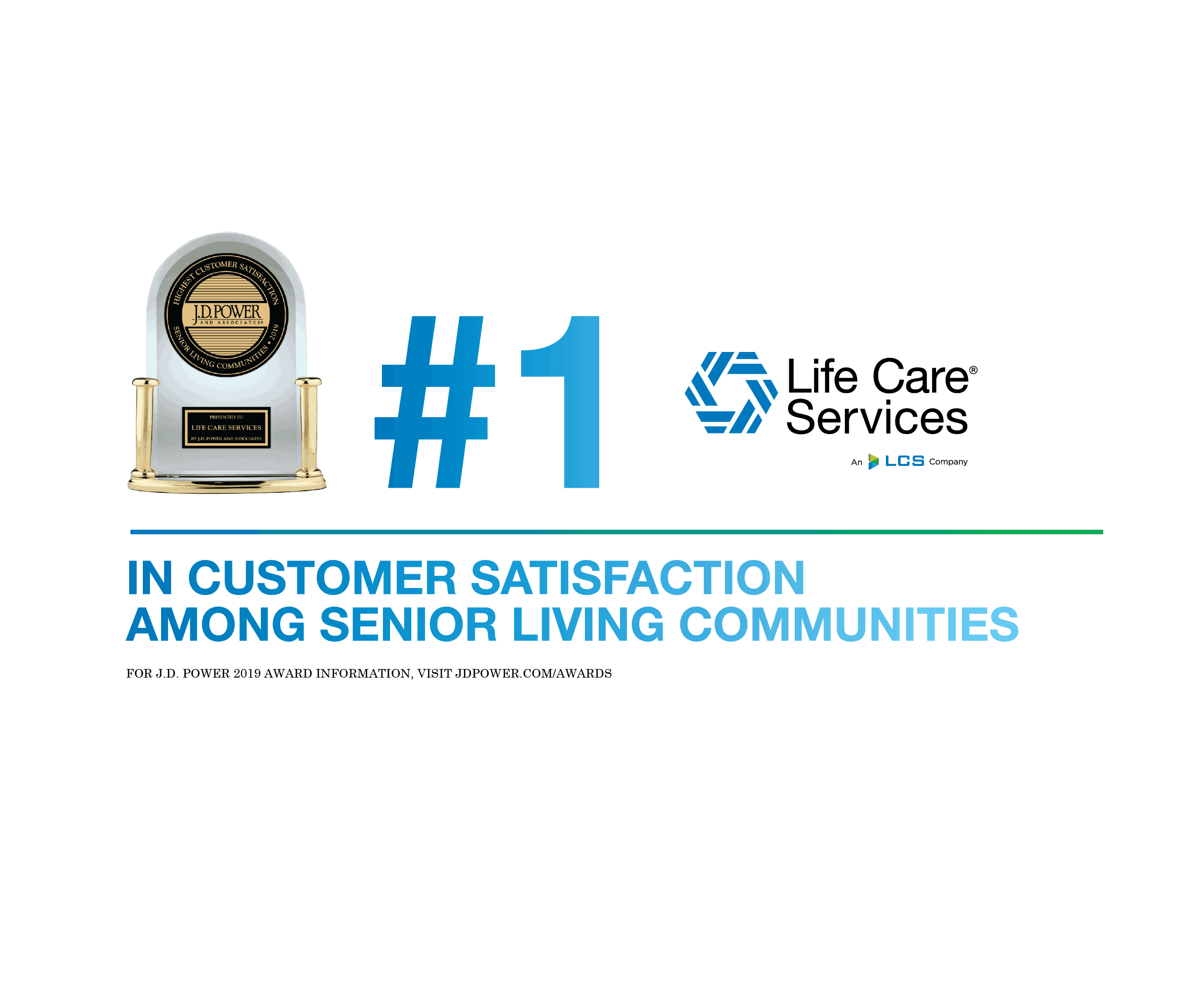Paying For Long-Term Care: Understanding Your Options

Long-term care provided at a nursing home is a good option when your senior loved one needs 24/7 care. Unlike assisted living, nursing homes offer health care services from trained health providers, in addition to help with daily living.
However, these specialized health services often cost more than home health, assisted living, or other choices. Therefore, it’s important for families to get to know their financial options. While every family is different, we’ll cover some of the common ways you may pay for long-term care.
7 Resources to Cover Long-Term Care and Nursing Home Costs
On average, a family in the United States can expect to pay just over $8,800 a month for long-term care, says Genworth. Of course, the exact amount is based on many factors, like location or services. For Signature Pointe residents, the private pay rate is $180 a day, or approximately $5,600 a month.
When you consider costs, be sure you look at the full picture. You want to make sure you’re getting value for your money. You also may choose to use more than one method to help cover costs.
Savings or retirement accounts
At first, start by reviewing your loved one’s savings, retirement, stock, or bonds. Together, these personal assets may provide the funds you need to cover the costs of long-term care in a nursing home.
Insurance policies
Using insurance to pay for care typically takes some pre-planning. There are many different types of life insurance and long-term care policies. You may consider hybrid life insurance policies, using the cash value of a life insurance policy, or looking into insurance specifically for long-term care.
Using home equity
If your loved one is moving out of his or her home to live in a nursing home, it may not make sense to keep it in the long run. You may consider selling the house or renting it out to help care for your loved one’s needs. In some cases, families choose to tap into the equity of the home through options like a reverse mortgage.
Medicare options
Seniors who need nursing home care for a short period of time may have some coverage under Medicare. However, the National Institute on Aging says this government health insurance program isn’t meant to cover long-term care. Thus, it may not be an option if you’re loved one needs skilled nursing care for the foreseeable future.
Medicaid options
For seniors who have little to no income or savings, Medicaid is an option. Medicaid is a government program specifically designed to meet the health needs of those with low incomes. According to the AARP, a big portion of the nation’s nursing home care costs is paid by Medicaid. But your loved one must meet income and asset limits.
Long-term care for veterans
The U.S. Department of Veteran’s Affairs offers support and benefits for people who served in the Armed Forces. If your loved one is a veteran, this is another option to cover costs. Contact the department to learn how VA health care services can aid in paying for long-term care.
Disability through social security
When your loved one is younger than 65, social security disability benefits may apply. Those who meet the definition of disabled from the Social Security Administration can get help with paying for nursing home care costs.
Finally, as you start exploring your options to paying for long-term care, remember that you have help. You may have an elder care non-profit in your area that provides resources. You can also use the free Benefits Checkup from the National Council on Aging to get an overview of programs or coverage. Additionally, some families benefit from speaking with a financial planner or a lawyer. These professionals can give you expert advice to plan for your loved one’s needs.
See How Long-Term Care at Signature Pointe Provides Value to Our Residents
At Signature Pointe, we’re committed to providing value to our residents and families. We offer quality care and home-like amenities at a competitive cost. To learn more about your long-term care options in Dallas, contact us today.




